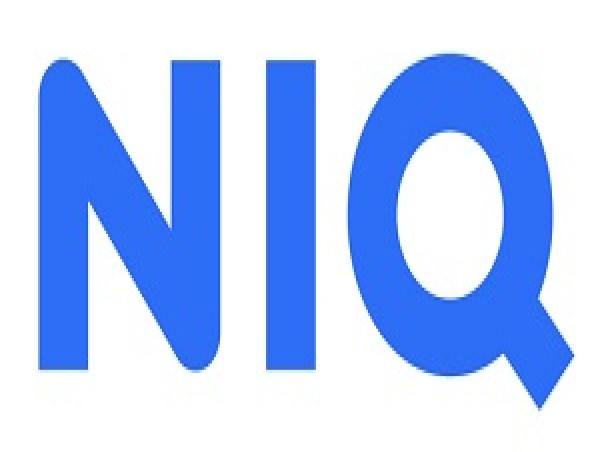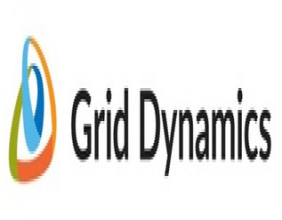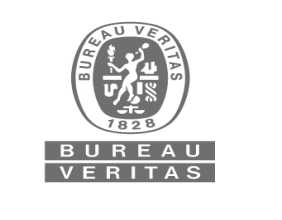As Gen AI continues to push the boundaries of creative industries, NielsenIQ (NIQ), the world’s leading consumer intelligence company, unveiled groundbreaking new research on how the consumer brain processes AI-generated advertisements—with critical implications for advertisers navigating the opportunities and challenges of this emerging technology. NIQ will be speaking about these findings across generational considerations at the CES 2025 panel session, Adapting to Change: Demographic Shifts in Advertising Strategy on Thursday, January 9th at 10:00 a.m. PST.
Commenting on the findings, Ramon Melgarejo, President, Strategic Analytics & Insights at NIQ, said: “Brands and agencies are innovating at a rapid pace, leveraging AI-generated content in their advertising. They need to be cautious, as our study reveals that consumers are quite sensitive to the authenticity of ad creatives, both at the implicit (nonconscious) and explicit (conscious) levels. Brands must prioritize insights-led creative evaluation to produce effective ads.”
Key research on AI-generated ads finds:
- Negative brand halo
Consumers intuitively identified most of the AI-generated ads, perceiving them as less engaging and more “annoying,” “boring,” and “confusing” than traditional ads. These sentiments suggest that AI-generated ads may create a negative halo effect that could dampen consumer perceptions of both the ad and the brand.
- Weak memory activation
AI-generated ads—even those perceived as “high quality”—elicited weaker memory activation in the brain, compared to traditional ads. This reaction suggests a misalignment between the content and existing memory structures—a gap that could impede consumers’ motivation to act.
- Brand reinforcement pros and cons
By drawing from pre-existing visual and conceptual representations, AI-generated ads successfully reinforced existing brand associations. Coupled with the negative halo effect, however, this benefit could be outweighed by overall negative perceptions.
- Cognitively taxing visuals
Low-quality visuals in AI-generated ads increase the cognitive effort required to process them, distracting from the intended message. High-quality execution is essential for effective storytelling and brand communication.
A Transformative Trend
“As advertisers experiment with generative AI to streamline ad creation and reduce costs, this research provides critical guardrails,” said Marta Cyhan-Bowles, Chief Communications Officer and Head of Global Marketing at NIQ. “Our neuroscience-driven approach reveals how consumers nonconsciously process AI-generated content and highlights the fine line between innovation and discomfort.”
Cyhan-Bowles cautions that while AI offers exciting potential for early-stage ideation and brand asset testing, poorly executed AI content can harm brand equity. Although this emerging technology may not immediately replace traditional ad creation, its capabilities can still enhance creative processes when thoughtfully integrated.
AI is also driving marketing efficiencies in long-term consumer-focused product development, offering deeper insights into customer preferences. It is closing the gap between businesses and customers by enhancing the understanding of consumer preferences. Groundbreaking tools like NIQ’s Ad Explorer are helping marketers improve brand equity by leveraging nonconscious consumer perceptions to prioritize creative insights, test multiple ad iterations, and meet deadlines without sacrificing quality.
Read more about the detailed study here and stay informed on future developments in AI-generated advertising.
About NIQ
NielsenIQ (NIQ) is the world’s leading consumer intelligence company, delivering the most complete understanding of consumer buying behavior and revealing new pathways to growth. NIQ combined with GfK in 2023, bringing together the two industry leaders with unparalleled global reach. Today NIQ has operations in more than 95 countries covering 97% of GDP. With a holistic retail read and the most comprehensive consumer insights—delivered with advanced analytics through state-of-the-art platforms—NIQ delivers the Full View™.
For more information, please visit www.niq.com.
About NIQ Study
The study involved more than 2,000 participants watching a series of low- to high-quality AI-generated ads. Brain activity was measured using electroencephalogram (EEG) for approximately 150 of those participants. After viewing the ads, all participants were asked to share explicit feedback via survey.
View source version on businesswire.com: https://www.businesswire.com/news/home/20241212354811/en/
![]()




